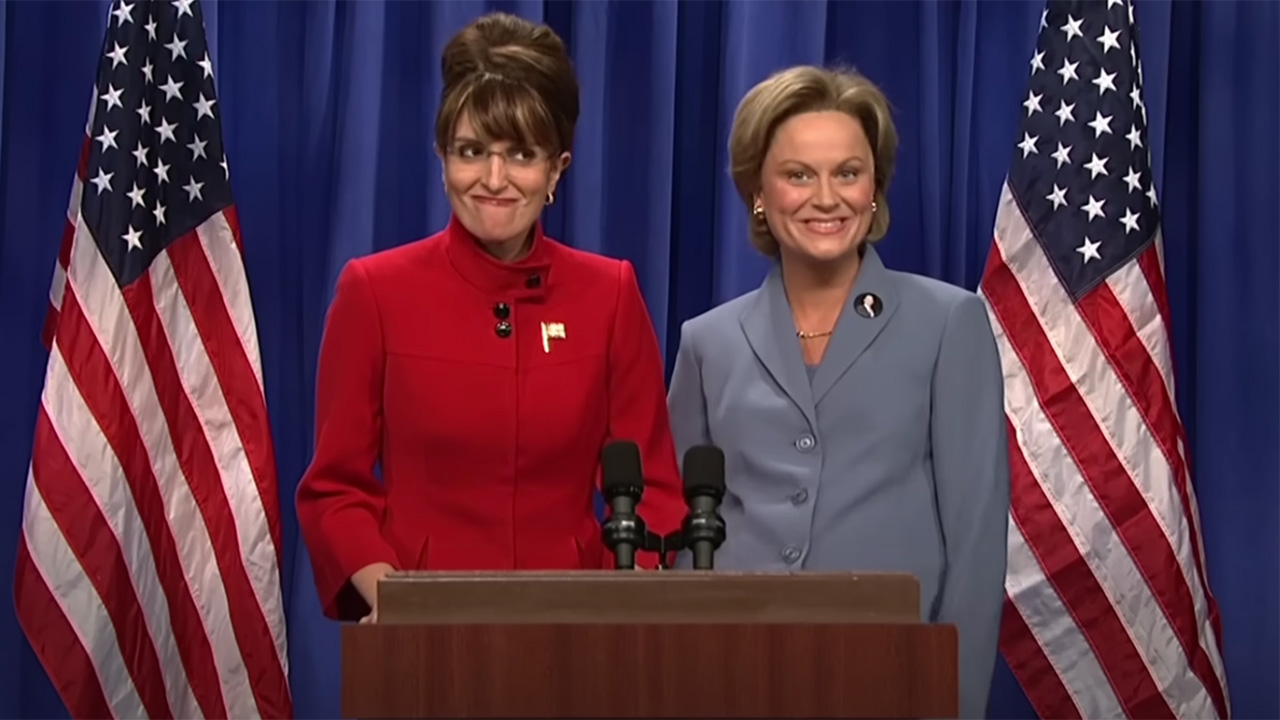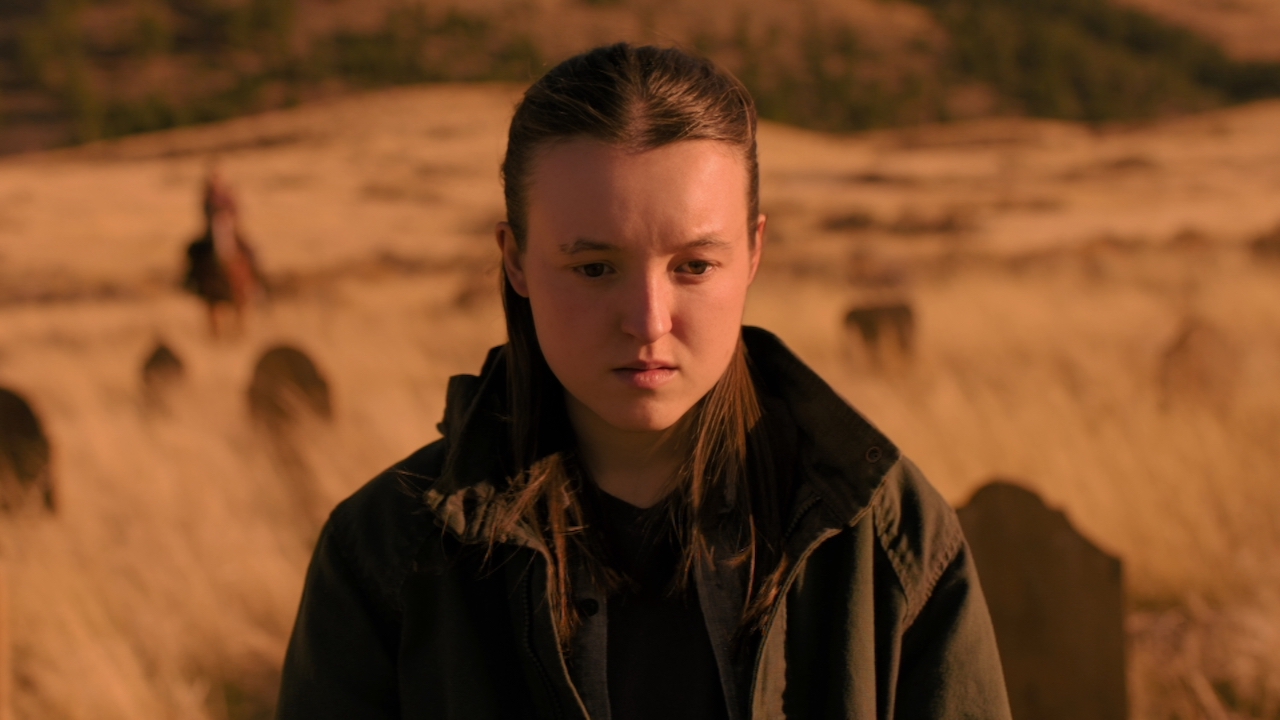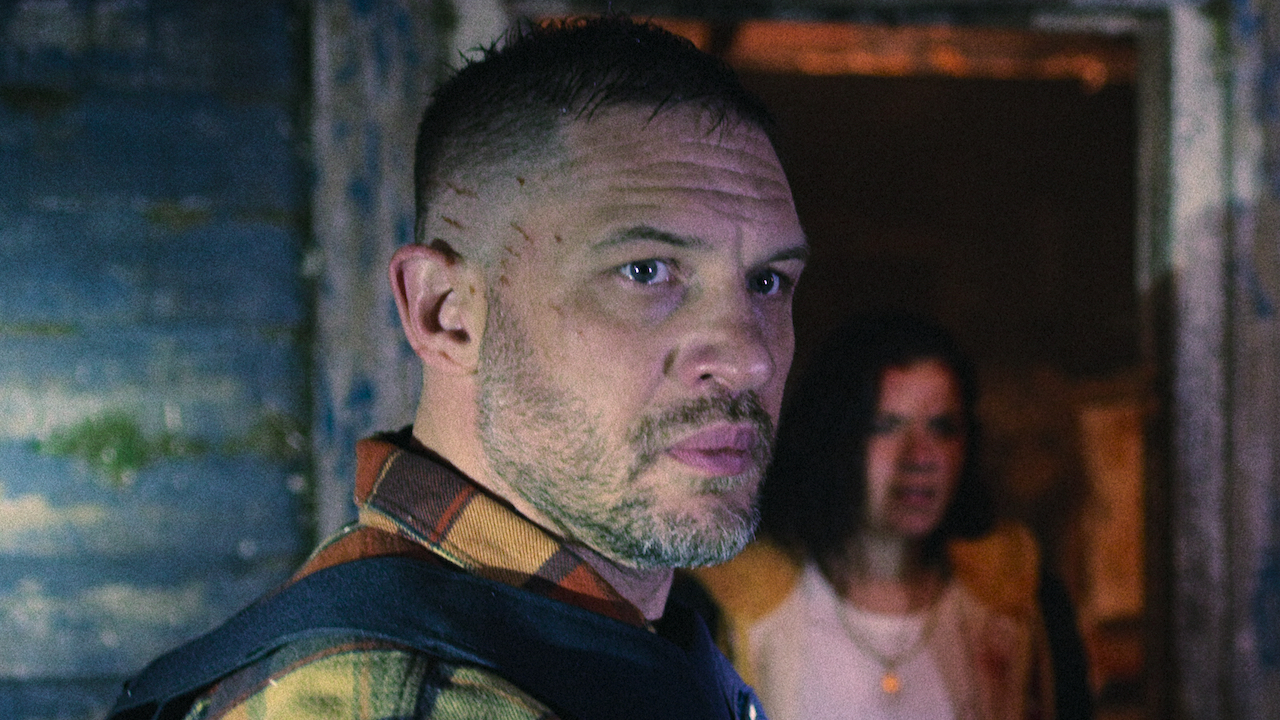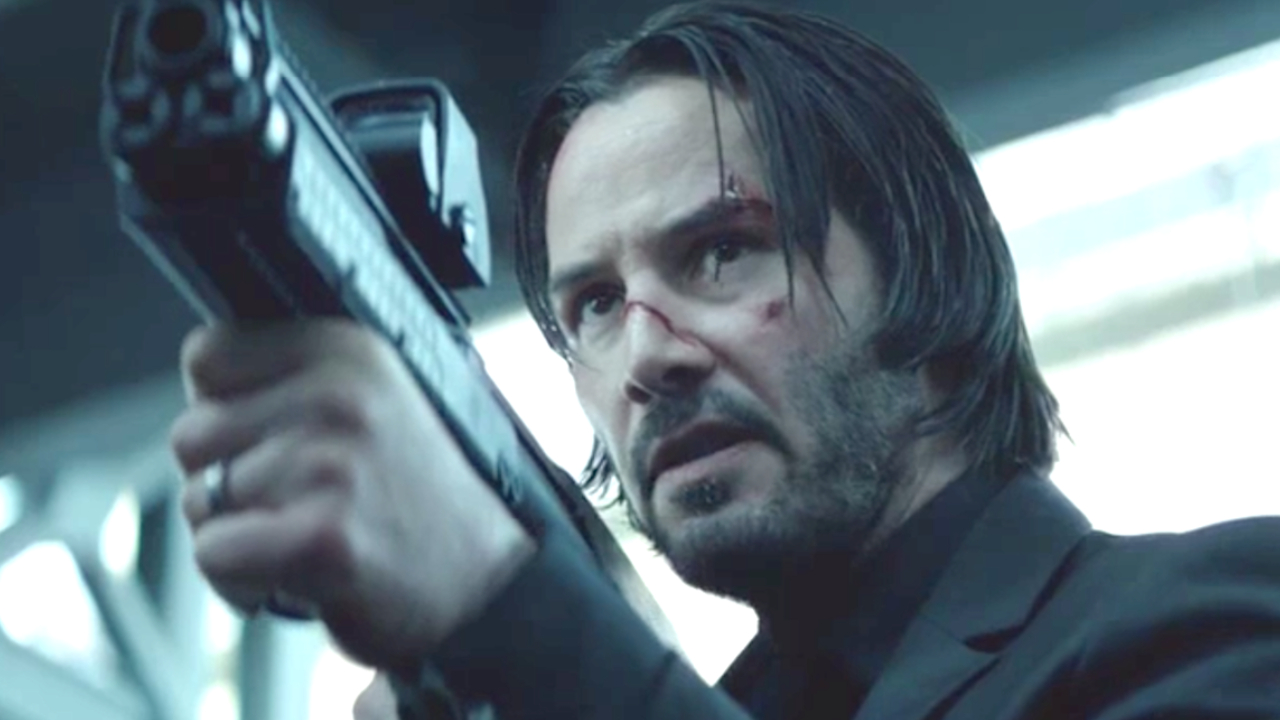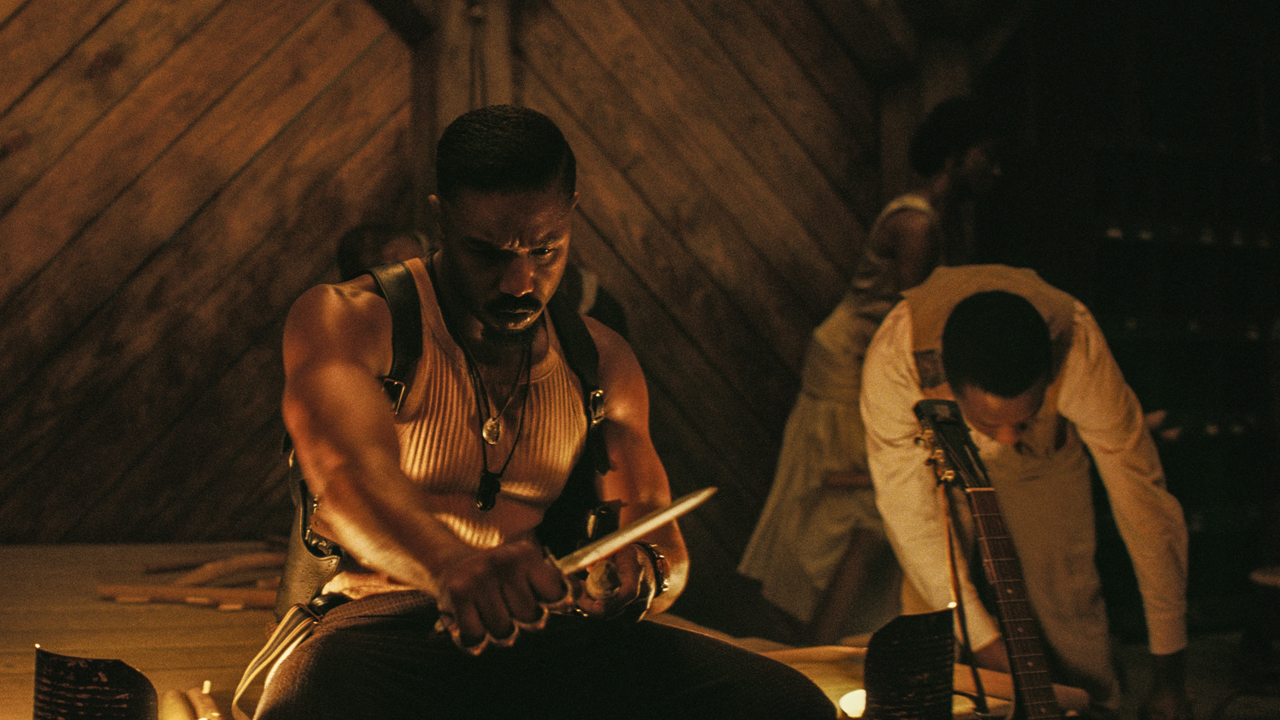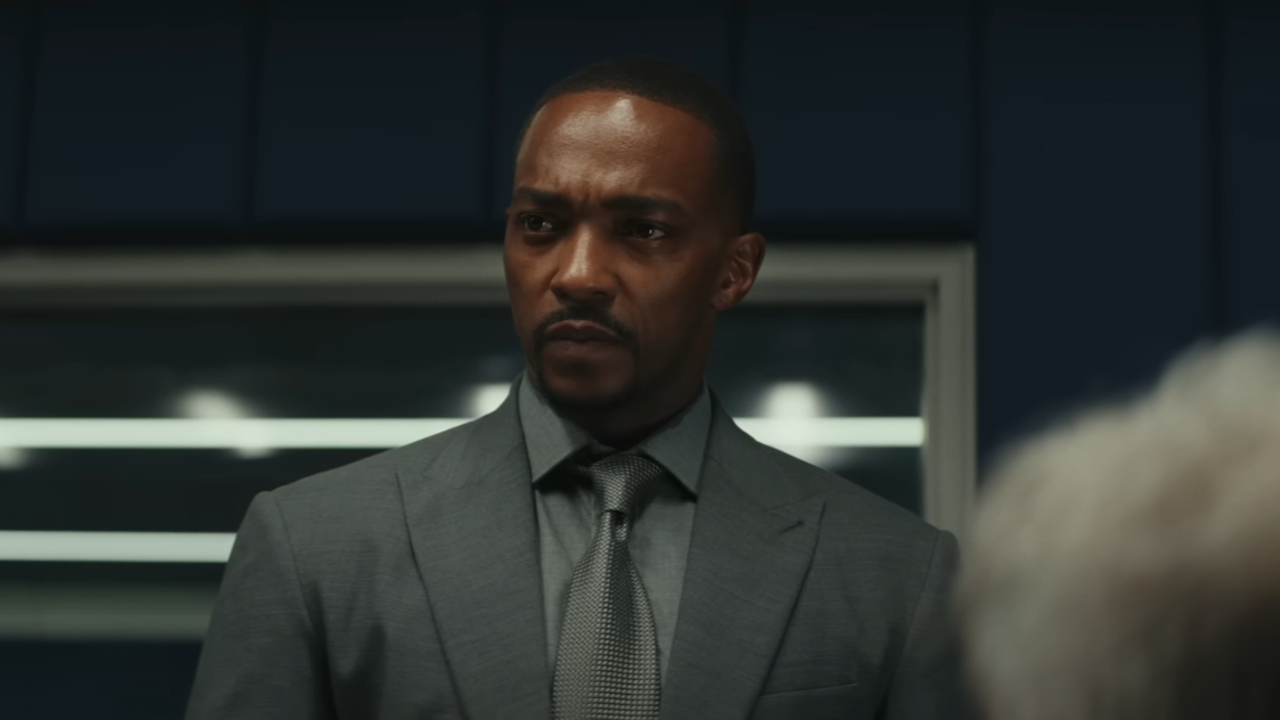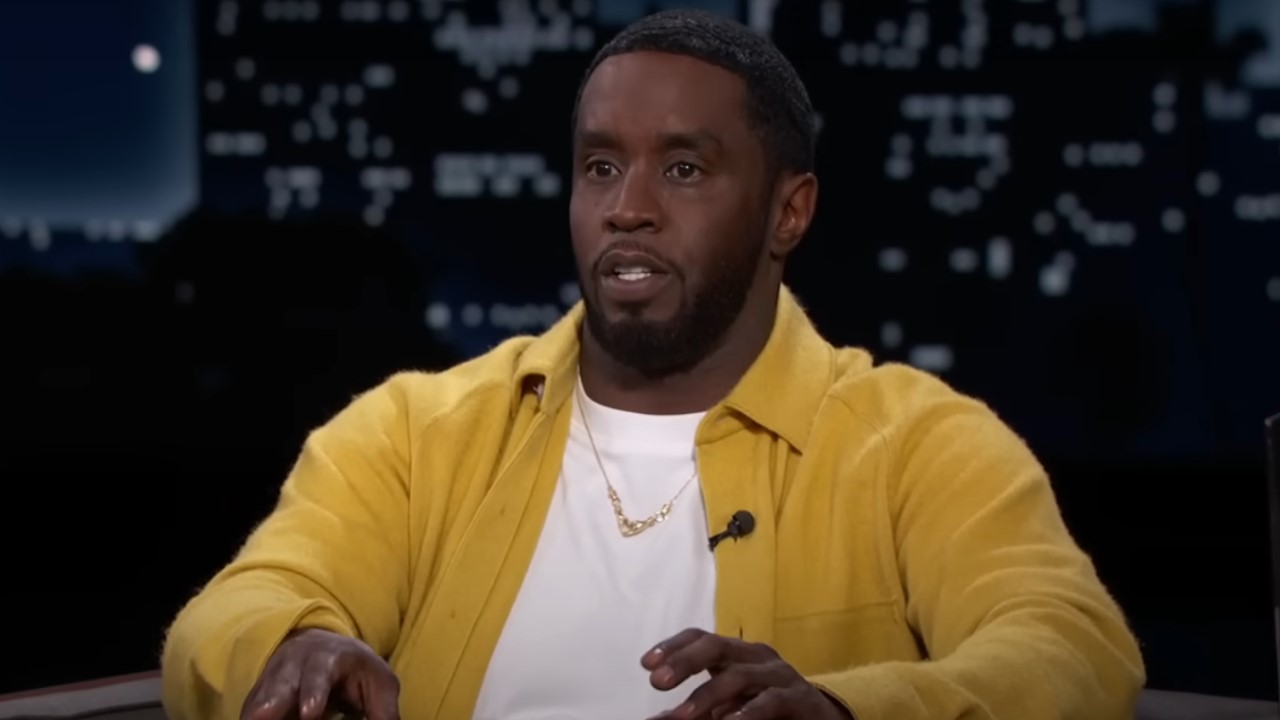I Rewatched Hereditary, And I Think People Are Sleeping On The Best Part Of The Movie
One of my favorite things about one of my favorite horror movies.
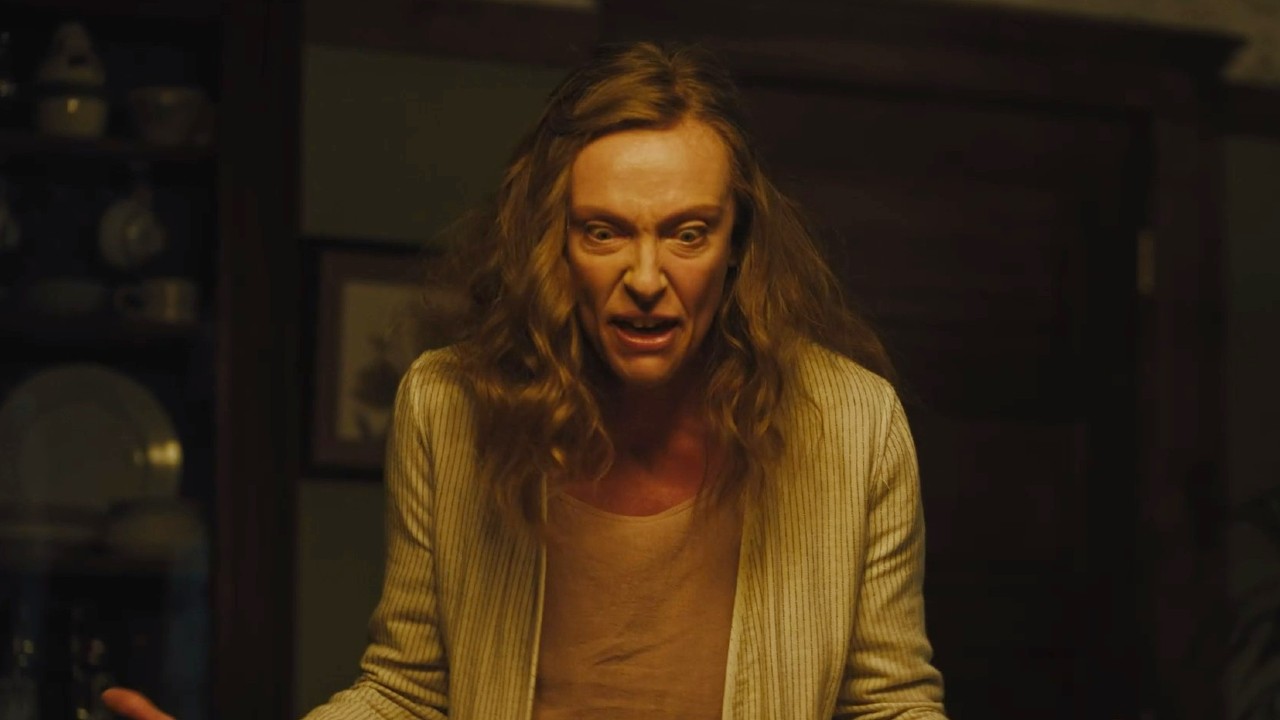
SPOILER WARNING: This article discusses the ending of Hereditary in explicit detail. If you have not yet seen the acclaimed A24 movie, don’t lose your head and say I did not warn you if you continue to read on.
I will never forget the first time I saw Hereditary. With its mercilessly upsetting depiction of grief, headspinning twists, and Toni Collette’s gutwrenching performance (a victim of one of the worst Oscar snubs in horror history), I immediately regarded it as, not only one of the best A24 horror movies I have seen, but one of the best horror movies I have ever seen, period, let alone my favorite film of 2018.
However, it was not until I recently watched writer and director Ari Aster’s feature debut a third time that I realized one of the most essential details that makes this story, following a family’s bizarre, maddening descent in the wake of tragedy, so special: the music. Allow me to explain…
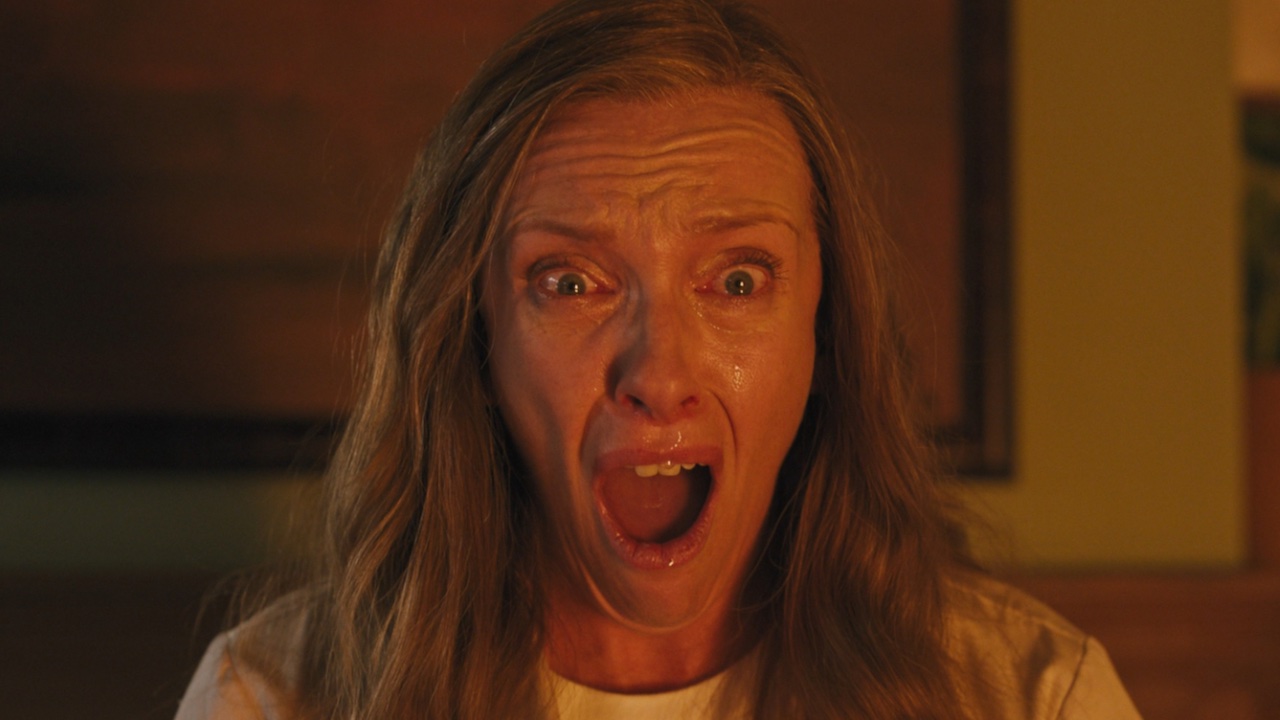
The Film's Score Sets The Ominous Tone Perfectly
One could call Colin Stetson’s composition for Hereditary one of the more unconventional film scores of its time. Yet, Hereditary is a relatively unconventional horror movie (not to mention an extremely polarizing horror film), which is why the score is such a brilliant fit for it.
Upon its release, Aster told NPR that he sees the film as a family drama at its core, and Stetson’s score reflects that with an initially understated, but still positively bleak, tone that progressively ramps up its uneasy nature as Annie Graham (Collette) and her family’s trauma worsens. Curiously, however, the music’s entire essence changes on a dime once the film reaches its shocking conclusion.
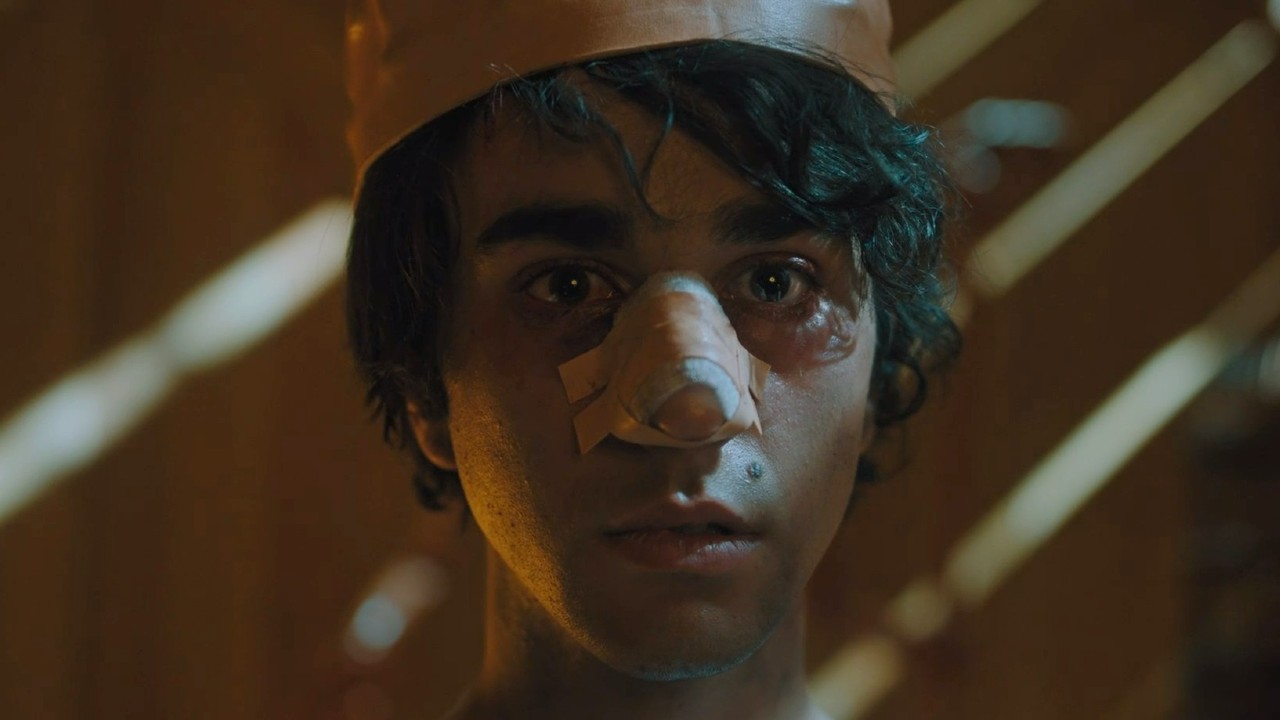
The Music Really Kicks Into Gear For Me At The Very End
The Hereditary ending reveals that the Graham family’s terror was all the elaborate workings of a sinister cult, formerly led by Annie’s late mother. Their goal is to transfer the essence of their chosen deity, Paimon, one of the eight kings of Hell, from Annie’s daughter, Charlie (Milly Shapiro), who suffers a devastating demise via decapitation, into a proper male human host, namely Annie’s teenage son, Peter (Alex Wolff in one of his most challenging roles).
The cult achieves its horrifying goal, at which point the score apparently becomes devoted to celebrating its success with an unexpectedly uplifting orchestration. Titled “Reborn,” the rousing piece does not at all sound like it belongs in a horror film, but would more appropriately fit at the end of something like an inspirational sports drama, creating a juxtaposition so jarring that it unsettles me more than almost anything else in the film, which is really saying something.
CINEMABLEND NEWSLETTER
Your Daily Blend of Entertainment News
Ya know, I am the type of horror fan who usually champions the absence of sound, believing that some of the more effectively frightening horror movie moments occur when no score is present. However, Hereditary is a major exception for me, as Stetson’s creation works wonders to make an already disturbing story even more discomforting in a most brilliantly subversive way.

Jason Wiese writes feature stories for CinemaBlend. His occupation results from years dreaming of a filmmaking career, settling on a "professional film fan" career, studying journalism at Lindenwood University in St. Charles, MO (where he served as Culture Editor for its student-run print and online publications), and a brief stint of reviewing movies for fun. He would later continue that side-hustle of film criticism on TikTok (@wiesewisdom), where he posts videos on a semi-weekly basis. Look for his name in almost any article about Batman.
You must confirm your public display name before commenting
Please logout and then login again, you will then be prompted to enter your display name.
